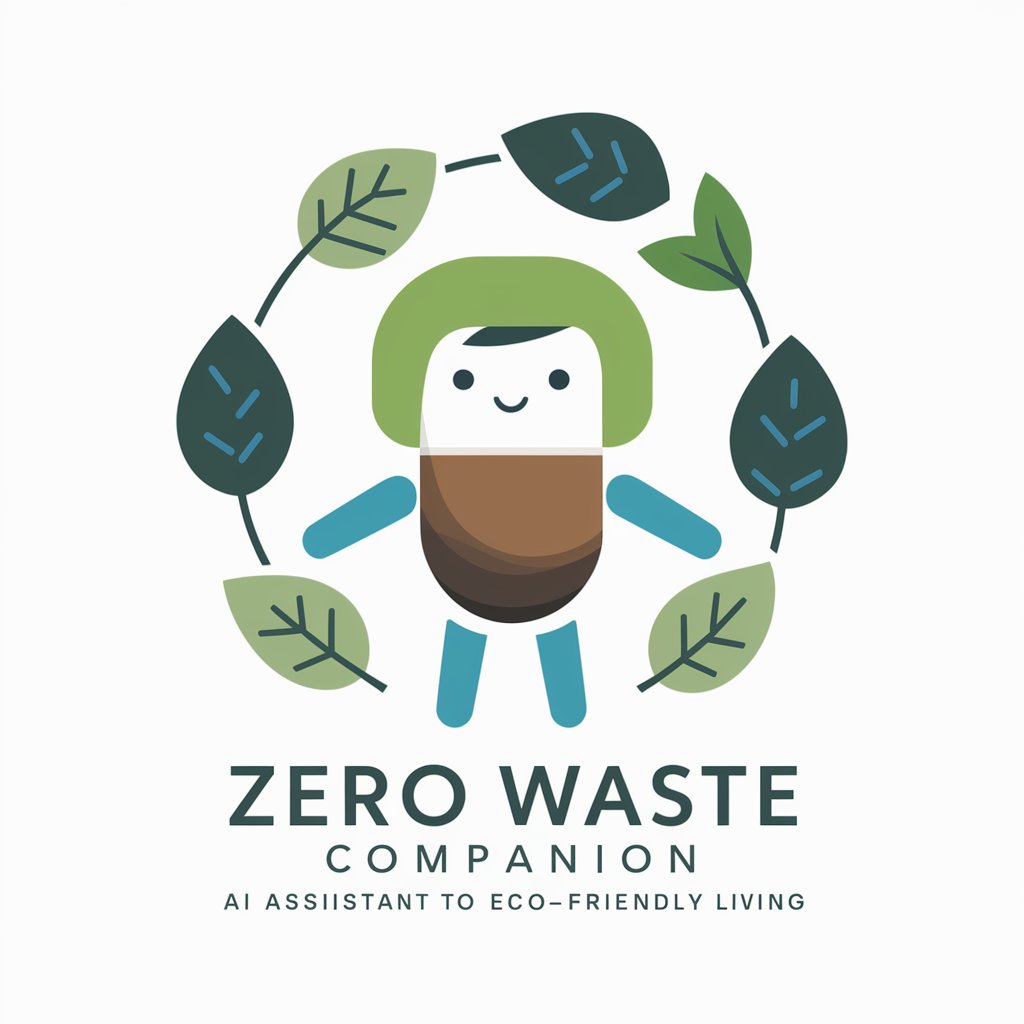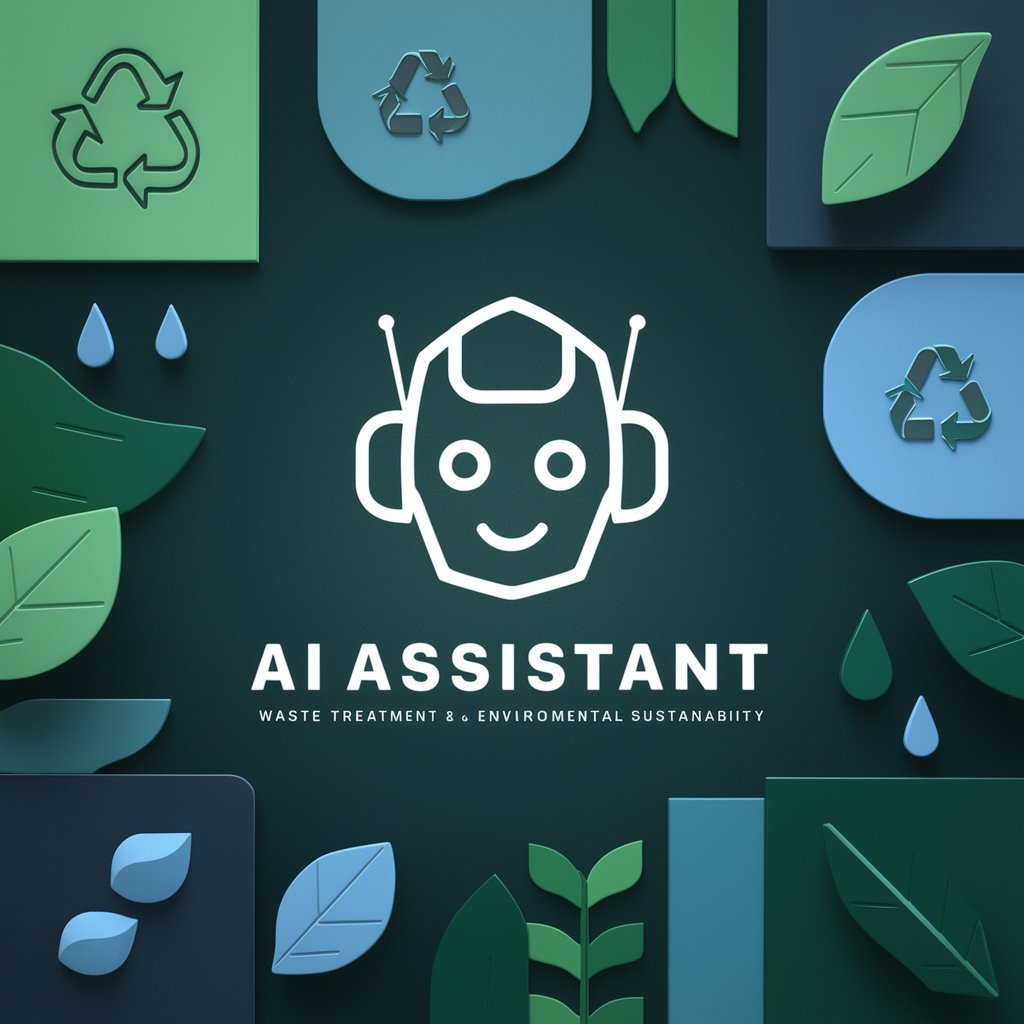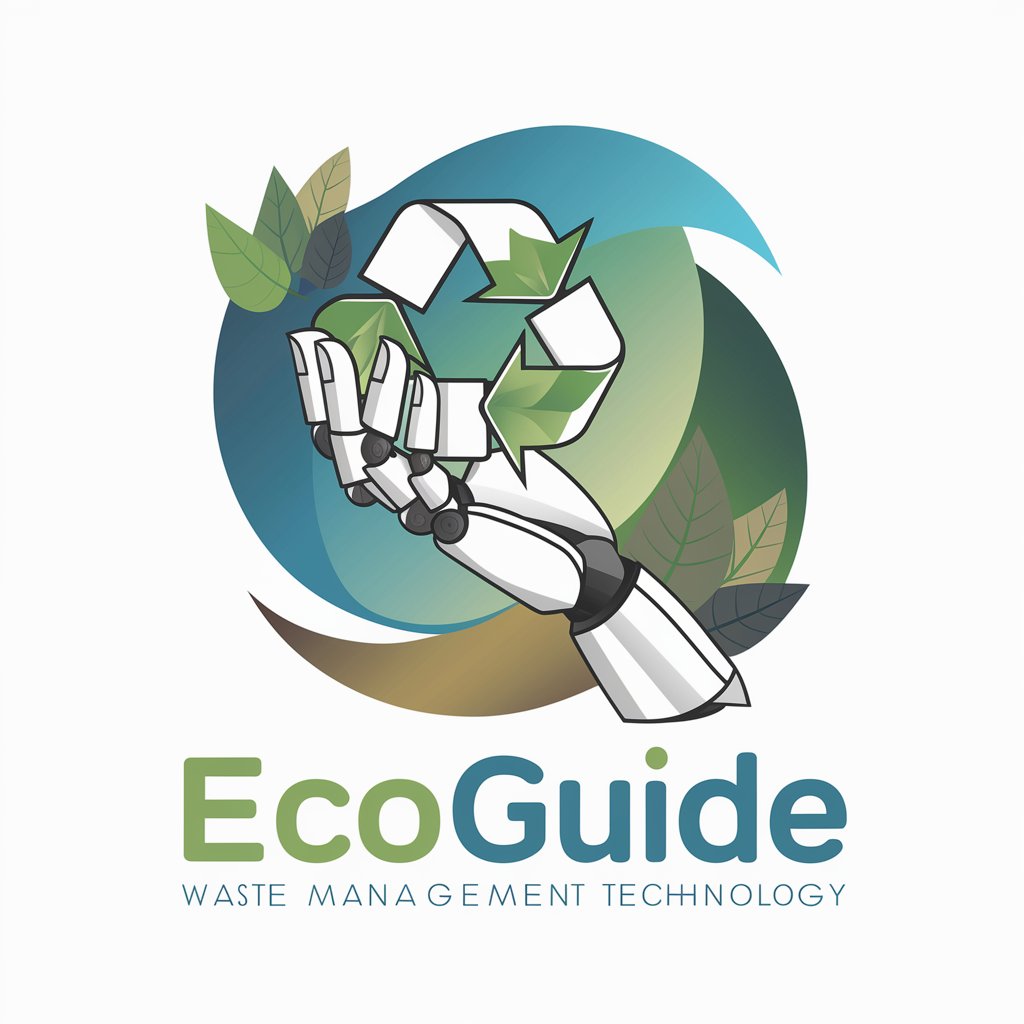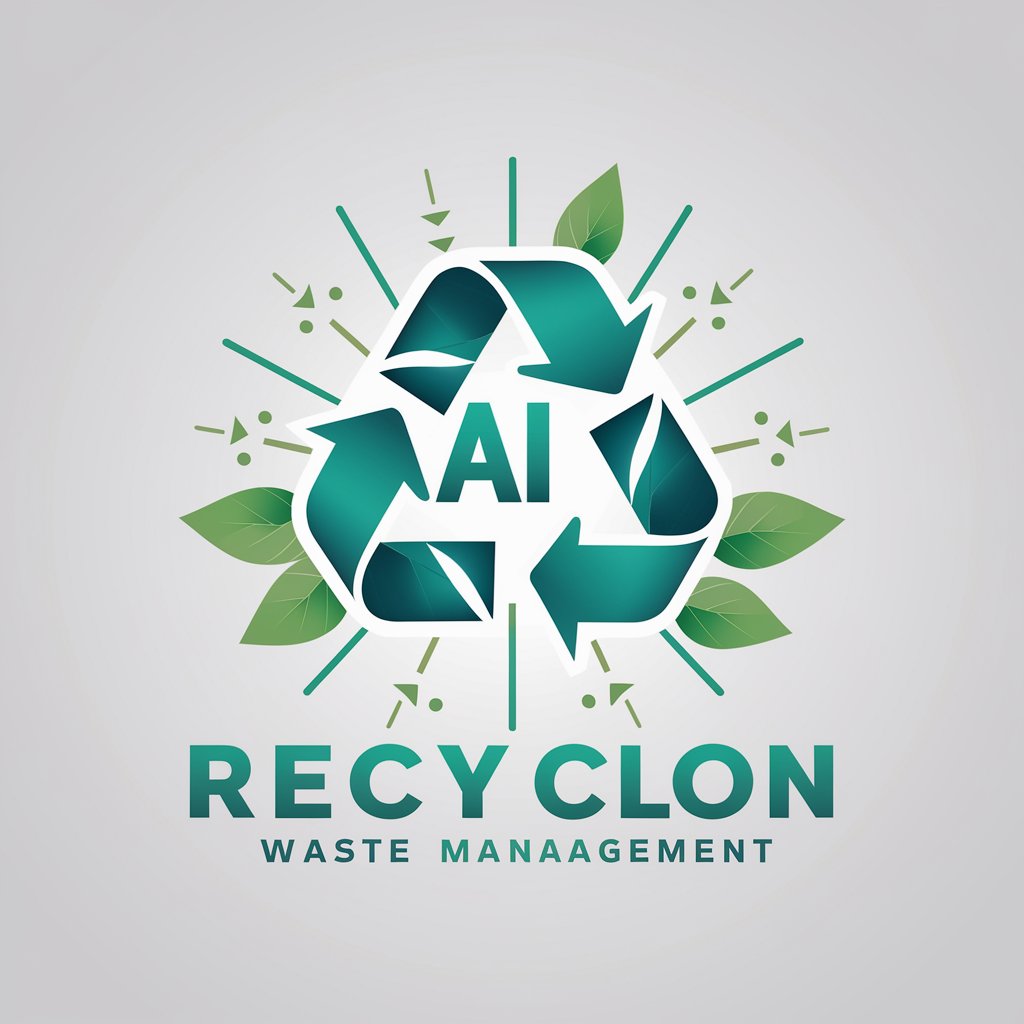
Zero waste wards - Zero Waste Solutions
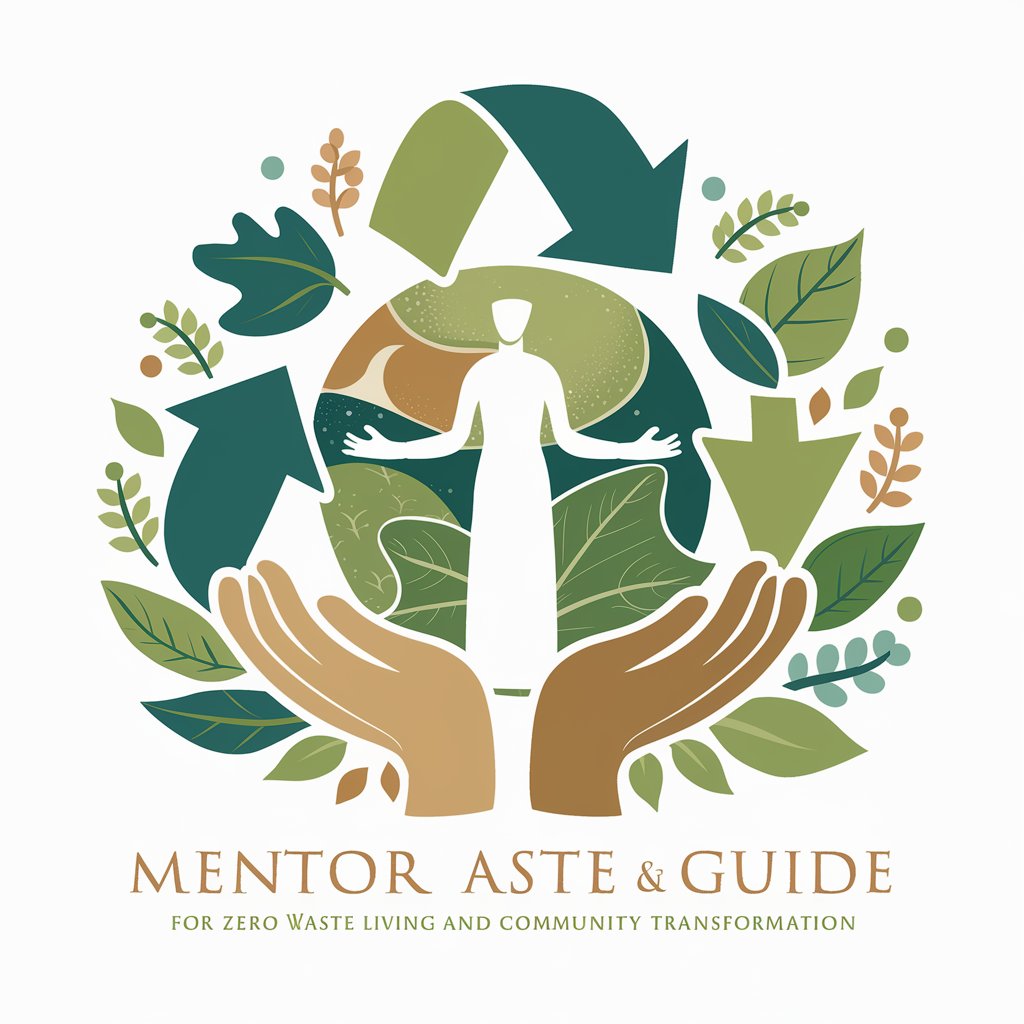
Welcome! Let's embark on a journey to zero waste living together.
Empowering communities with AI-driven waste management.
How can communities begin to adopt zero waste processes?
What are the benefits of living a zero waste lifestyle?
Can you provide examples of successful zero waste initiatives?
What strategies can help reduce waste at a community level?
Get Embed Code
Introduction to Zero Waste Wards
Zero Waste Wards are designed to transform urban and suburban areas into zones where waste is minimized, and resources are used efficiently. The core purpose is to educate and empower communities, urban local body officials, environmental consultants, waste management professionals, and environmental enthusiasts on the principles of zero waste. This includes reducing the generation of waste, enhancing recycling efforts, and ensuring the responsible disposal of waste. An example scenario illustrating the application of Zero Waste Ward principles could be a community-led initiative where residents collaborate to segregate waste at source, establish community composting sites, and conduct workshops on reducing plastic usage, effectively reducing the waste sent to landfills and promoting sustainable living practices. Powered by ChatGPT-4o。

Main Functions of Zero Waste Wards
Educational Programs
Example
Online courses and workshops on waste segregation, recycling techniques, and composting.
Scenario
Urban local body officials enroll in the Zero Waste Ward Transformation Program to gain knowledge and practical skills for implementing zero waste strategies in their wards, leading to reduced landfill burden and efficient waste disposal.
Community Engagement and Participation
Example
Facilitating community clean-up drives, waste audit programs, and recycling initiatives.
Scenario
Community leaders organize a monthly clean-up drive, encouraging residents to participate in waste collection and segregation activities, thereby fostering a sense of community responsibility towards maintaining a clean and sustainable environment.
Development of Zero Waste Policies and SOPs
Example
Creating standard operating procedures (SOPs) for waste management tailored to the needs of urban wards.
Scenario
Environmental consultants collaborate with municipal corporations to draft and implement SOPs for waste segregation, collection, and recycling, aligning with national waste management regulations and ensuring operational efficiency.
Innovative Waste Management Solutions
Example
Introduction of technological innovations like AI for waste sorting and mobile applications for waste collection efficiency.
Scenario
A waste management startup develops an AI-powered waste sorting system that is adopted by a local ward, significantly improving the segregation of recyclable materials and enhancing the efficiency of recycling programs.
Ideal Users of Zero Waste Wards Services
Urban Local Body Officials
Officials responsible for urban planning and waste management can utilize Zero Waste Ward services to improve waste management practices, achieve cost reductions, and engage the community in sustainable waste management initiatives.
Environmental Consultants
Professionals offering advisory services on environmental projects can leverage Zero Waste Ward principles to provide expert guidance on implementing zero waste strategies and developing policies for urban local bodies and businesses.
Waste Management Professionals
Individuals working in the waste management sector can benefit from Zero Waste Ward services by gaining access to the latest waste management technologies, SOPs, and best practices, enhancing their ability to manage waste efficiently.
Community Leaders
Leaders aiming to foster sustainable practices within communities can use Zero Waste Ward strategies to organize educational and participatory activities, driving community-wide engagement in zero waste initiatives.
Environmental Enthusiasts
Individuals passionate about sustainability and environmental conservation can engage with Zero Waste Ward programs to expand their knowledge and actively participate in or lead zero waste projects within their communities.

Guidelines for Using Zero Waste Wards
Step 1
Start your journey at yeschat.ai for an immediate trial, accessible without needing to sign in or subscribe to ChatGPT Plus.
Step 2
Identify your zero waste goals, whether it's reducing waste in your home, community, or organization, to tailor the program's resources to your needs.
Step 3
Engage with the community forum to share experiences, challenges, and successes with fellow participants, gaining insights and support.
Step 4
Apply the learned principles and strategies from the program to your specific context, utilizing provided SOPs for effective waste management.
Step 5
Utilize the interactive learning tools such as quizzes and assignments to reinforce your understanding and apply knowledge practically.
Try other advanced and practical GPTs
Screenshot Solver
Transform screenshots into insights with AI

JavaGPT
Empowering Java Development with AI
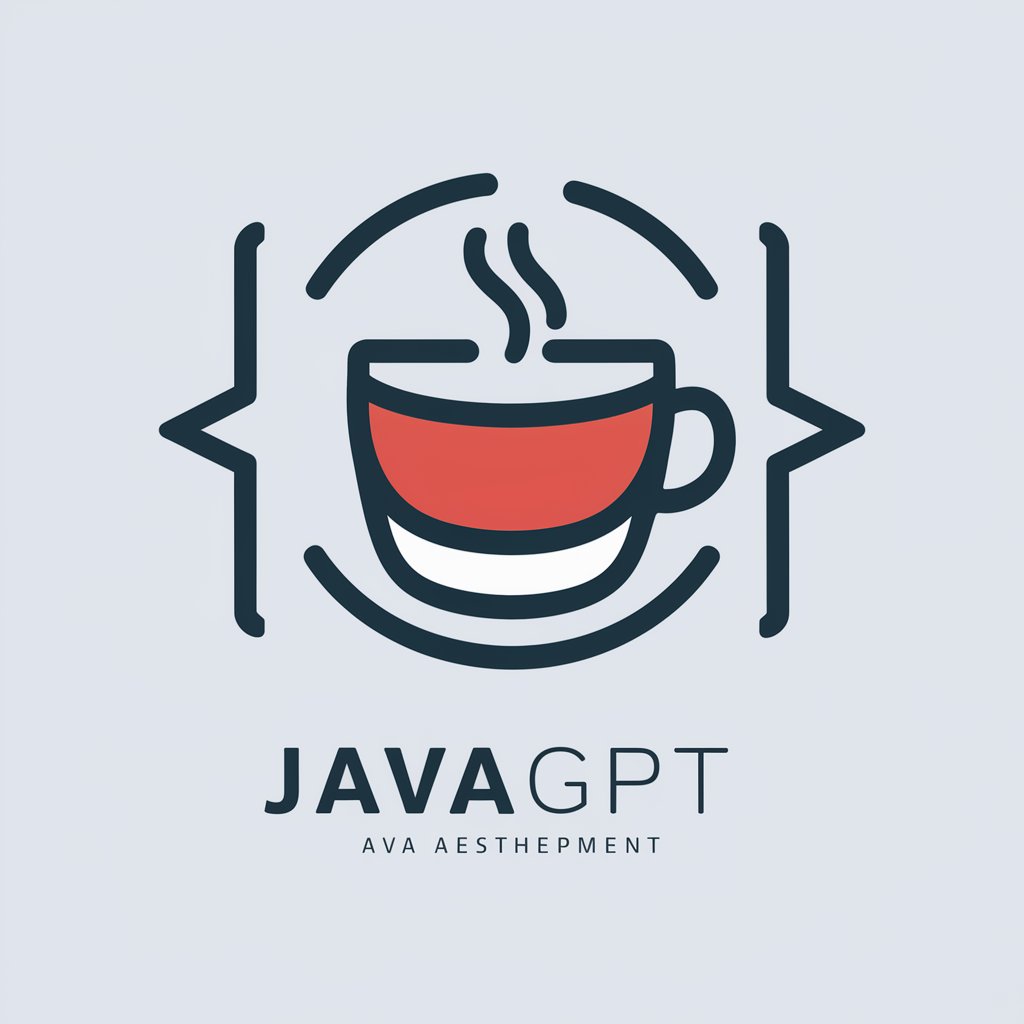
🛡️ Java Exception Handling Wizard
Craft resilient Java code with AI.
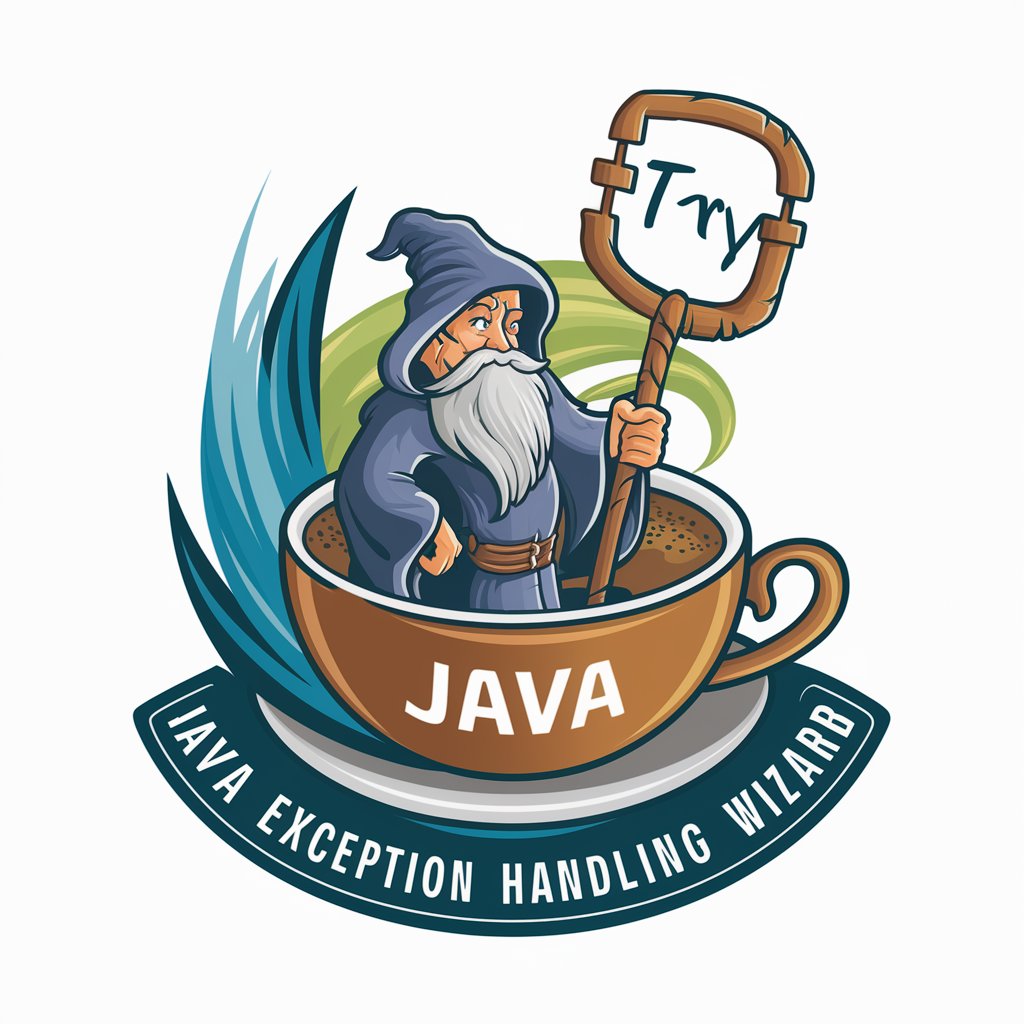
Multifaceted Maven
Empowering Decisions with AI Wisdom

React Native Mobile Maven
Empower your mobile apps with AI

Headline Hero: The AI Digital Marketing Assistant
Craft Winning Headlines with AI

Environmental Justice Tutor
Empowering through AI-driven Environmental Justice Education

Peak Dragon
Revolutionize Your Tech Ideas with AI

Startup Mentor
Empowering Entrepreneurial Success with AI
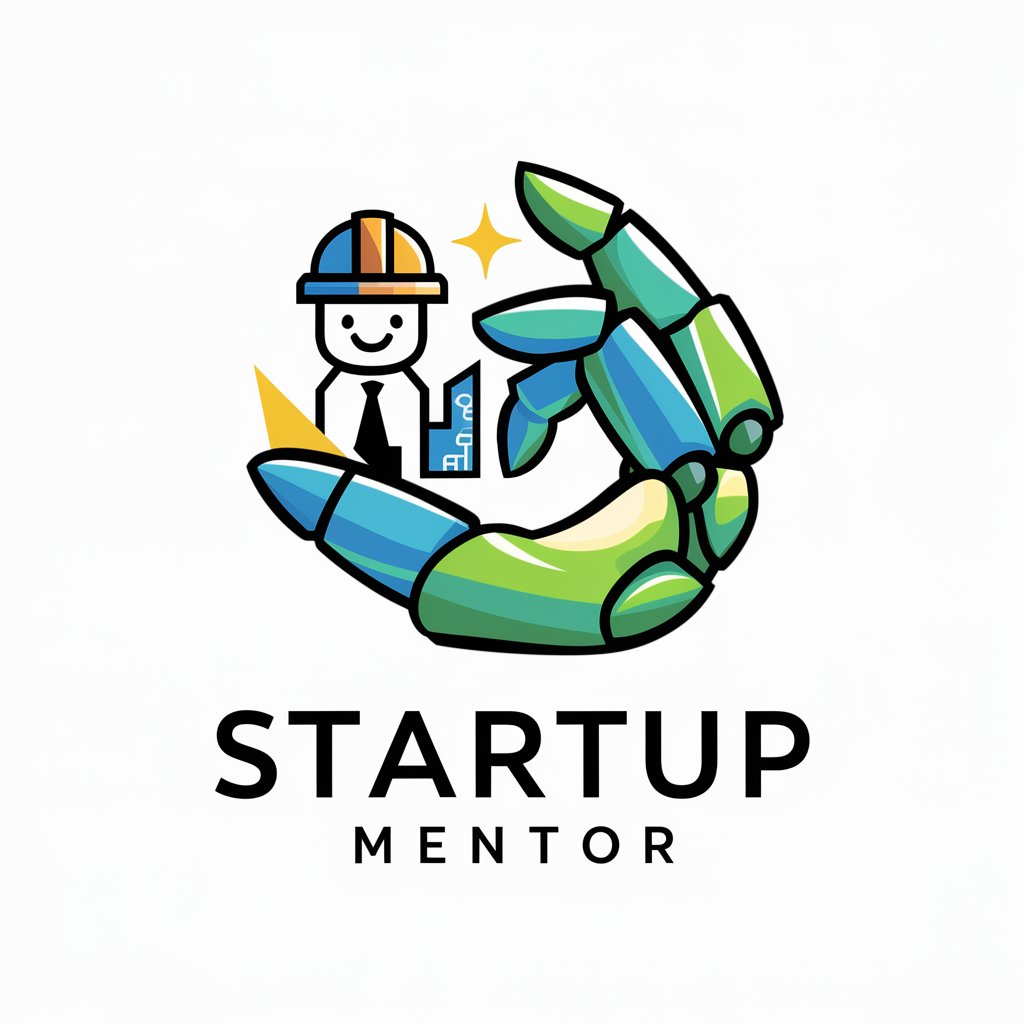
JavaScript & CSS: Crafting Dynamic Interfaces
Craft Interactive Web Interfaces with AI

True PDF Reader
Unveil Insights with AI-Powered PDF Reading
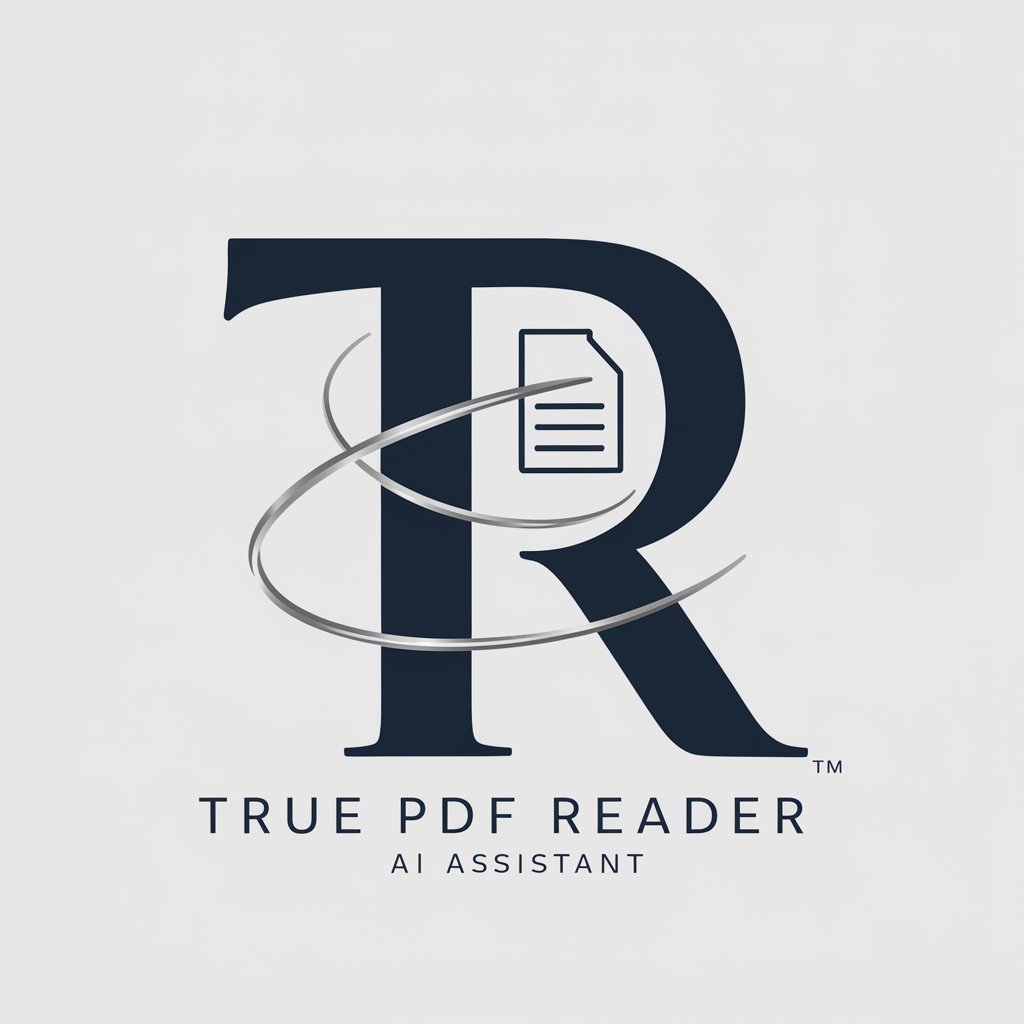
Vegan GPT
Empowering Your Plant-Based Journey with AI
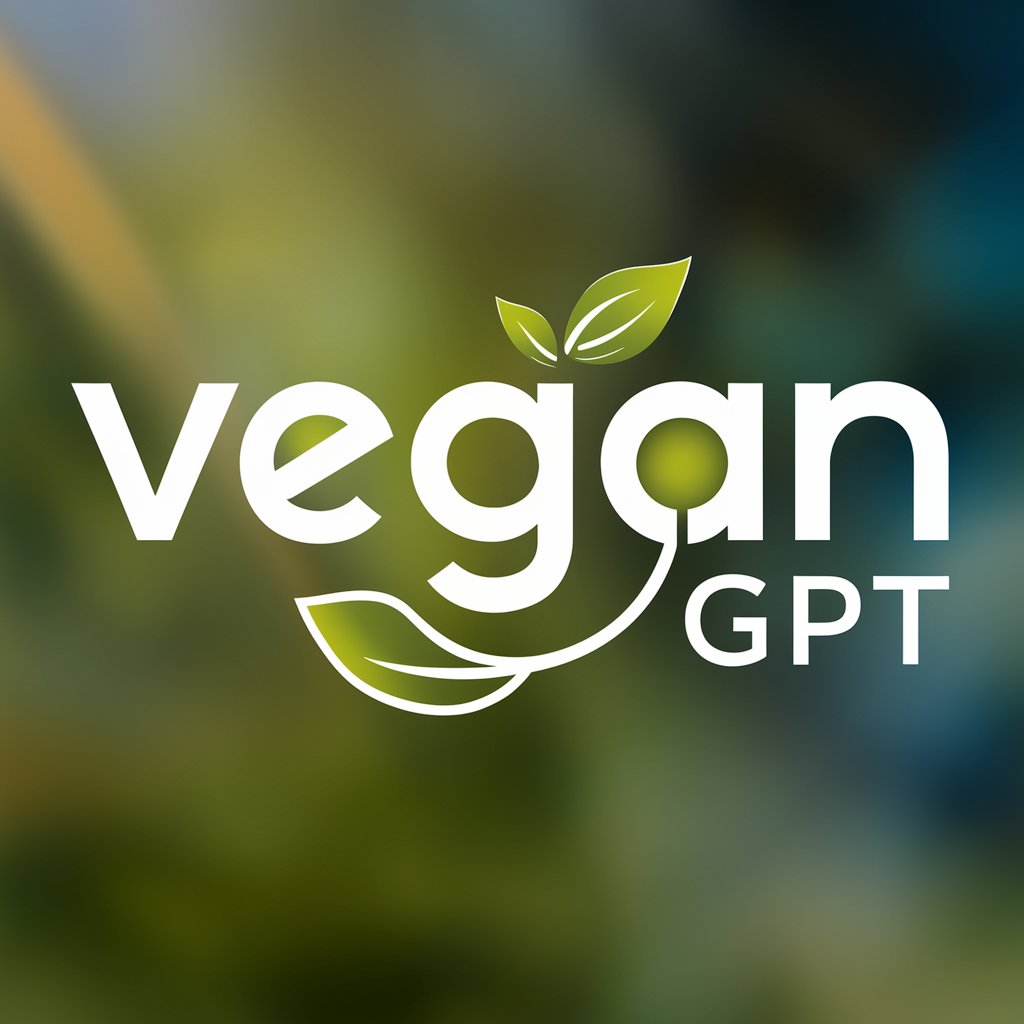
Q&A about Zero Waste Wards
What is a Zero Waste Ward?
A Zero Waste Ward is a targeted approach within a community or locality to implement waste reduction, segregation, recycling, and sustainable disposal practices, aiming for minimal to no waste generation.
Who can benefit from the Zero Waste Ward program?
Urban Local Body Officials, Environmental Consultants, Waste Management Professionals, Community Leaders, and Environmental Enthusiasts can all benefit from adopting and promoting zero waste practices through the program.
How does technology play a role in Zero Waste Wards?
Technology, especially AI, enhances waste management by facilitating waste segregation, optimizing collection routes, and providing platforms for education and community engagement in zero waste practices.
Can Zero Waste Wards generate income?
Yes, by implementing effective waste segregation and recycling, materials can be sold, and organic waste can be composted and used or sold, creating income opportunities from waste.
How can I ensure the sustainability of my Zero Waste Ward?
Sustainability can be ensured by continuous community engagement, regular monitoring and reporting of waste management practices, and adapting innovations and improvements in waste processing and reduction strategies.

